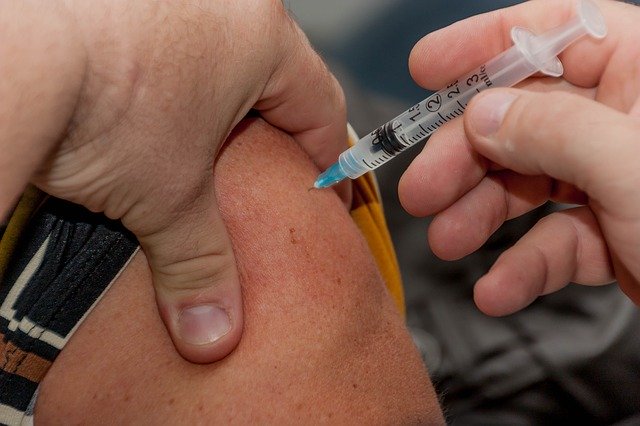South African public health experts have expressed concern at the potential bulk-buying of COVID-19 vaccinations by richer nations, as this may delay access for developing countries such as South Africa.
Experts were reacting to a recent report by Oxfam, which stipulates that wealthy nations – which make up only 13% of the globe’s population – have already provisionally purchased nearly 50% of future COVID-19 vaccines.
“We are going to need many millions of doses of vaccines globally. Rich nations have the cash upfront and could push poorer nations to the back of the queue,” said Professor Linda-Gail Bekker, deputy director of the Desmond Tutu HIV Centre at the University of Cape Town (UCT) to TimesLIVE. “I’m having a déjà vu to our bad old days of ARVs and we cannot let this happen with vaccines.”
According to Professor Heather Zar, who is the head of child health at UCT and the Red Cross Children’s Hospital, this is “total inequitable”.
“It is a reality that the population in lower- and middle-income countries has the largest burden of disease and it’s exactly these populations that have less access to Covid-19 drugs and treatments such as oxygen. So it makes sense that they should be prioritised when it comes to preventative treatments,” she said. “It will be much cheaper for many African countries to get a vaccine than to treat COVID-19. Health-care workers in these countries are such a precious resource and if we have inequitable access to vaccines, they will be negatively impacted – and fragile health-care systems will therefore even be more compromised.”
Oxfam has warned that the same companies do not have the capacity to produce enough vaccines to supply every single person who requires one. It also noted that in the unlikely event that all five vaccines succeed in their trials, approximately 61% of the world’s population will not have been vaccinated before 2022. The five vaccines that are currently in various trial stages are candidates from Moderna, Pfizer, Sinovac, AstraZeneca and Gamaleya/Sputnik.
“It’s far more likely some of these experiments will fail, leaving the number of people without access even higher,” the report reads.
“Access to a life-saving vaccine shouldn’t depend on where you live or how much money you have,” said Robert Silverman of Oxfam America. “The development and approval of a safe and effective vaccine is crucial, but equally important is making sure the vaccines are available and affordable to everyone. COVID-19 anywhere is Covid-19 everywhere.”
Supply deals for future vaccines have been agreed at 5.3-billion doses, and 51% of this has been purchased by developed nations such as Japan, Switzerland, UK, US and Australia.
The remaining 2.6-billion doses have been purchased or are promised to developing nations such as Mexico, Indonesia, Bangladesh and China.
Oxfam is making calls for a not-for-profit vaccine to be distributed to everyone freely and based on need.
Picture: Pixabay

